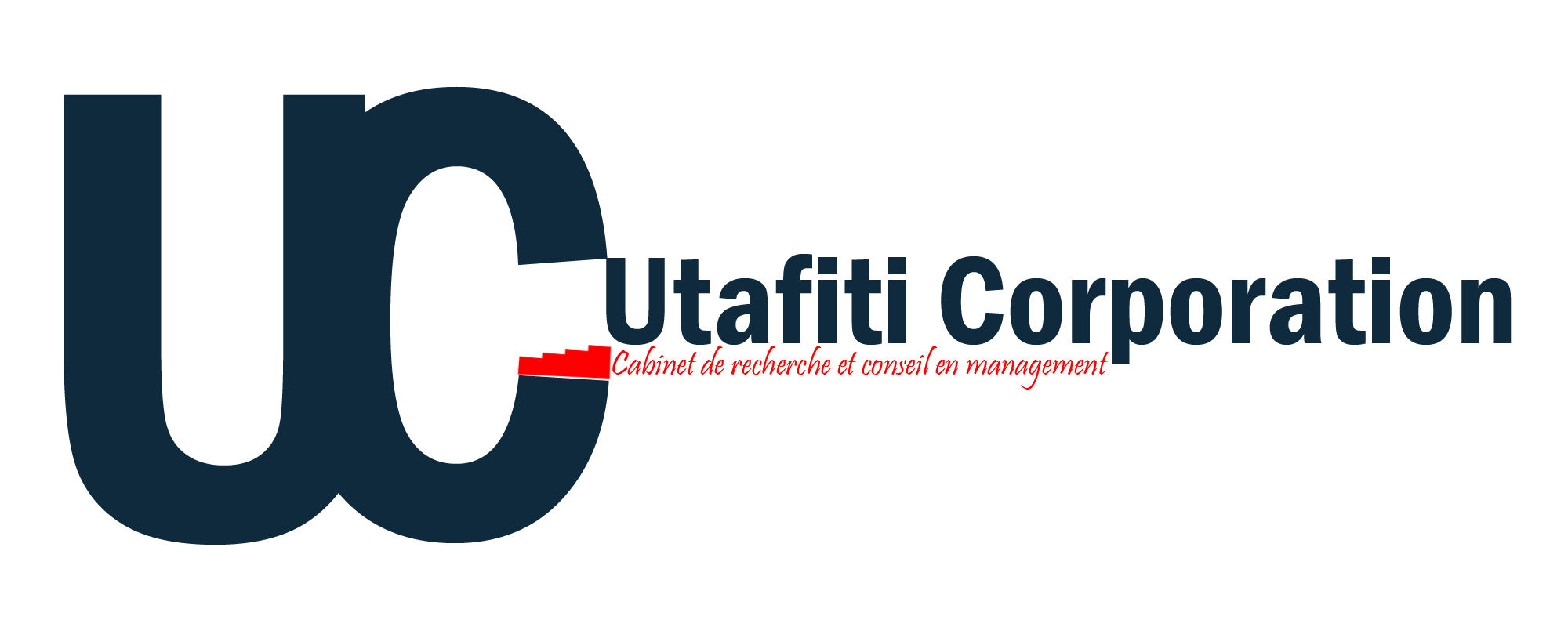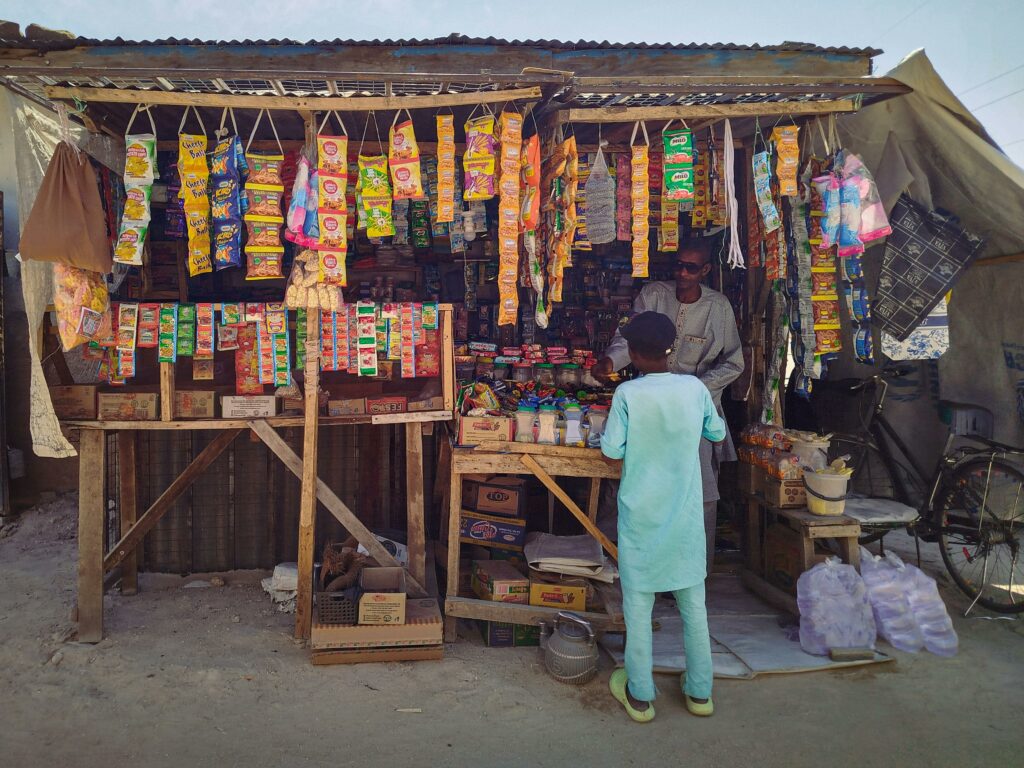Analysis of Togo Data: An Overview of the Business and Governance Environment

Project Information
Project Details
This article is the result of a data analysis conducted as part of the UCF Volunteer Challenge – July 2025 Edition, an event that encourages volunteers to transform raw data into powerful insights. The data used for this analysis was carefully sampled by the Utafiti Research Team from a public dataset provided by OECD – Togo Governance & Investment (2023). The sampling was performed by NDAYAMBAJE Alexis of the Utafiti Corporation team. The data analysis and article writing were conducted by Guy Jules KOULO, a participant in the challenge.
Analysis of Togo Data: An Overview of the Business and Governance Environment
This report presents an in-depth analysis of the ‘Togo’ dataset provided as part of the UCF Volunteer Challenge in July 2025. The objective is to extract significant information regarding the business environment, governance, infrastructure, and digital readiness in Togo. By examining trends, correlations, and key characteristics of this data, we aim to provide insights that could inform decisions for businesses and policymakers.
The dataset includes indicators such as the public investment score, corruption perception index, infrastructure index, rule of law, business entry complexity, digital readiness, investor protection score, and ease of doing business score. These metrics are crucial for understanding a country’s economic and regulatory climate.
What the Data Says
The ‘Togo’ dataset contains 150 entries, all for the year 2023, indicating a snapshot of the current situation. The columns consist of numerical data (scores and indices) and categorical data (business entry complexity and digital readiness).
Key Descriptive Statistics
Here is a summary of the descriptive statistics for the numerical columns:
| Year | Public_Investment_Score | Corruption_Perception_Index | Infrastructure_Index | Rule_of_Law | Investor_Protection_ | |
| count | 150 | 150 | 150 | 150 | 150 | 150 |
| mean | 2023 | 2.89 | 33.91 | 0.74 | 0.51 | 5.04 |
| std | 0 | 0.87 | 8.64 | 0.15 | 0.30 | 1.21 |
| min | 2023 | 1.51 | 20 | 0.50 | 0.00 | 3.00 |
| 25% | 2023 | 2.17 | 27.00 | 0.61 | 0.27 | 3.90 |
| 50% | 2023 | 2.83 | 34.00 | 0.75 | 0.54 | 5.20 |
| 75% | 2023 | 3.67 | 41.00 | 0.87 | 0.71 | 6.10 |
| max | 2023 | 4.45 | 49.00 | 1.00 | 1.00 | 7.00 |
These statistics reveal notable variability in several indicators. For example, the public investment score ranges from 1.51 to 4.45, and the corruption perception index from 20 to 49. The infrastructure index also shows a range from 0.50 to 1.00, suggesting disparities in infrastructure development.
Business Entry Complexity and Digital Readiness
Categorical data provides an overview of business distribution based on entry complexity and digital readiness:
Business Entry Complexity:
| Business_Entry_Complexity | count |
| Moderate | 52 |
| High | 49 |
| Low | 49 |
Business entry complexity is almost equally distributed among ‘Moderate’, ‘High’, and ‘Low’ levels, with a slight predominance for ‘Moderate’.
Digital Readiness:
| Digital_Readiness | count |
| Emerging | 57 |
| Basic | 47 |
| Advanced | 46 |
Digital readiness is predominantly ‘Emerging’, followed by ‘Basic’ and ‘Advanced’. This suggests that Togo is in digital transition, with significant room for improvement.
Key Correlations
Analysis of correlations between numerical variables reveals important relationships:
| Public_Investment_Score | Corruption_Perception_Index | Infrastructure_Index | Rule_of_Law | Invest | |
| Public_Investment_Score | 1 | 0.07 | -0.03 | 0.18 | -0.09 |
| Corruption_Perception_Index | 0.07 | 1 | -0.12 | 0.08 | -0.16 |
| Infrastructure_Index | -0.03 | -0.12 | 1 | 0.07 | 0.02 |
| Rule_of_Law | 0.18 | 0.08 | 0.07 | 1 | 0.01 |
| Investor_Protection_Score | -0.09 | -0.16 | 0.02 | 0.01 | 1 |
| Ease_Doing_Business_Score | 0.18 | 0.05 | 0.01 | 0.19 | 0.07 |
Some notable observations:
- Rule of Law and Ease of Doing Business: There is a moderate positive correlation between ‘Rule of Law’ and ‘Ease of Doing Business’ (0.19). This suggests that a strong legal framework is linked to a more favorable business environment.
- Public Investment and Ease of Doing Business: A positive correlation (0.18) is also observed between ‘Public Investment Score’ and ‘Ease of Doing Business’. This indicates that higher public investments can contribute to improving the business climate.
- Corruption Perception: The corruption perception index shows weak correlations with most other indicators, which could suggest that corruption perception is a complex factor, influenced by multiple variables not directly captured here.
Grouped Analysis
Mean scores by Business Entry Complexity:
| Business_Entry_Complexity | Public_Investment_Score | Corruption_Perception_Index | Infrastructure_Index | Rule_of_Law | Invest |
| High | 2.83 | 33.69 | 0.71 | 0.53 | 5.21 |
| Low | 2.85 | 34.22 | 0.75 | 0.49 | 4.98 |
| Moderate | 2.99 | 33.83 | 0.76 | 0.51 | 4.93 |
Businesses facing ‘High’ entry complexity have a slightly higher investor protection score, while those with ‘Moderate’ complexity have a higher average public investment and infrastructure score.
Mean scores by Digital Readiness:
| Digital_Readiness | Public_Investment_Score | Corruption_Perception_Index | Infrastructure_Index | Rule_of_Law | Investor_Protec |
| Advanced | 2.94 | 33.57 | 0.72 | 0.50 | 5.21 |
| Basic | 2.84 | 34.62 | 0.77 | 0.55 | 4.95 |
| Emerging | 2.90 | 33.61 | 0.74 | 0.50 | 4.97 |
Entities with ‘Advanced’ digital readiness show the highest average scores for ‘Ease of Doing Business’ and ‘Investor Protection’. This highlights the importance of digitalization in improving the business environment. Conversely, those with ‘Basic’ readiness have slightly higher infrastructure index and rule of law scores, but a lower ease of doing business score.
Why it Matters
The insights drawn from this analysis are crucial for several reasons. Firstly, they highlight areas where Togo excels and those that require improvement. For example, the positive correlation between the rule of law and the ease of doing business underscores the importance of strengthening the legal framework to attract and retain investments.
Secondly, the distribution of business entry complexity and digital readiness indicates growth opportunities. The fact that a large proportion of businesses fall into the ‘Moderate’ and ‘Emerging’ categories for these indicators suggests significant potential for initiatives aimed at simplifying entry procedures and accelerating digital transformation. This could unlock new economic opportunities and improve the country’s overall competitiveness.
Finally, correlation analysis, even if some are weak, provides a basis for further research. Understanding the interdependencies between different indicators is essential for developing holistic and effective policies. For example, if corruption perception is not strongly correlated with other indicators, it does not mean it is unimportant, but rather that its impact may be more nuanced or indirect, requiring qualitative investigation.
Implications for Businesses and Policymakers
For businesses, this information can guide market entry and investment strategies. Companies looking to establish themselves in Togo should consider areas where entry complexity is low and digital readiness is advanced, as these sectors could offer a more favorable environment. Furthermore, understanding investor protection and ease of doing business scores can help assess risks and opportunities.
For policymakers, this analysis highlights several courses of action:
- Strengthening the Rule of Law: Given the positive correlation with the ease of doing business, increased efforts to strengthen the rule of law and legal transparency could significantly impact Togo’s attractiveness for investments.
- Simplifying Entry Procedures: Although entry complexity is distributed, targeted initiatives to reduce complexity in high- growth sectors could stimulate entrepreneurship and investment.
- Accelerating Digital Transformation: Businesses with advanced digital readiness show better scores in key areas. Policies aimed at promoting digital adoption, access to digital infrastructure, and digital skills training are essential for improving overall competitiveness.
- Fighting Corruption: Although correlations are weak, corruption remains a major obstacle to development. Continuous measures to improve corruption perception, even if their direct impact on other indicators is not immediately apparent in this analysis, are crucial for investor confidence and good governance.
- Investing in Infrastructure: The infrastructure index varies, indicating investment opportunities in this area to support economic growth and facilitate business operations.
In conclusion, the Togo dataset provides a solid foundation for understanding the country’s economic and governance dynamics. By focusing on strengthening the rule of law, simplifying procedures, accelerating digitalization, and improving infrastructure,
Togo can create an even more conducive environment for business and sustainable development.
Guy Jules KOULO, tous droits réservés 2025








